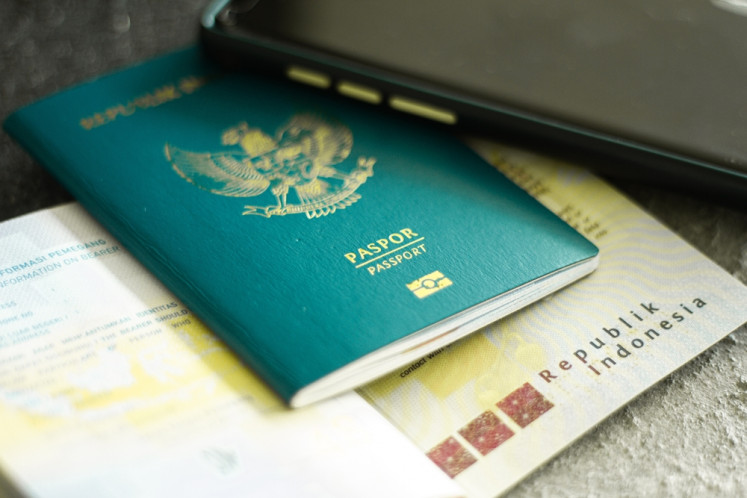Japanese mayor apologizes for comment on US troops
Sex slaves: Osaka Mayor Toru Hashimoto speaks during a press conference at the Foreign Correspondents' Club of Japan in Tokyo Monday
Change Size
 Sex slaves: Osaka Mayor Toru Hashimoto speaks during a press conference at the Foreign Correspondents' Club of Japan in Tokyo Monday. The outspoken Japanese politician apologized Monday for saying U.S. troops should patronize adult entertainment businesses as a way to reduce rapes, but defended another controversial remark about Japan's use of sex slaves during World War II. (AP/Shizuo Kambayashi) (AP/Shizuo Kambayashi)
Sex slaves: Osaka Mayor Toru Hashimoto speaks during a press conference at the Foreign Correspondents' Club of Japan in Tokyo Monday. The outspoken Japanese politician apologized Monday for saying U.S. troops should patronize adult entertainment businesses as a way to reduce rapes, but defended another controversial remark about Japan's use of sex slaves during World War II. (AP/Shizuo Kambayashi) (AP/Shizuo Kambayashi)
S
span class="inline inline-center">Sex slaves: Osaka Mayor Toru Hashimoto speaks during a press conference at the Foreign Correspondents' Club of Japan in Tokyo Monday. The outspoken Japanese politician apologized Monday for saying U.S. troops should patronize adult entertainment businesses as a way to reduce rapes, but defended another controversial remark about Japan's use of sex slaves during World War II. (AP/Shizuo Kambayashi)
An outspoken Japanese politician apologized Monday for saying U.S. troops should patronize adult entertainment businesses as a way to reduce rapes, but defended another controversial remark about Japan's use of sex slaves during World War II.
Osaka Mayor Toru Hashimoto, who is also the co-head of an emerging nationalistic party, said his remarks two weeks ago rose from a "sense of crisis" about cases of sexual assaults by U.S. military personnel on Japanese civilians in Okinawa, where a large number of U.S. troops are based.
"I understand that my remark could be construed as an insult to the U.S. forces and to the American people" and was inappropriate, he said at a news conference at the Foreign Correspondents' Club of Tokyo.
Hashimoto had created an uproar with comments to journalists two weeks ago about Japan's wartime and modern sexual services. They added to recent anger in neighboring countries that suffered from Japan's wartime aggression and have complained about the lack of atonement for atrocities committed during that time.
Hashimoto said on May 13 that on a recent visit to the southern island of Okinawa, he suggested to the U.S. commander there that the troops there "to make better use" of the legal sex industry. "If you don't make use of those places you cannot control the sexual energy of those tough guys," he said.
He also said that Japan's wartime practice of forcing Asian women, mostly from South Korea and China, to work in front-line brothels was necessary to maintain discipline and provide relaxation for soldiers.
He didn't apologize for those comments, but he did call the use of so-called comfort women an "inexcusable act that violated the dignity and human rights of the women, in which large numbers of Korean and Japanese were included."
Still, he claimed he had been quoted out of context to say that he personally believed that the use of a "comfort women" system was necessary. He was trying to say that armed forces of nations around the world "seem to have needed women" in past wars and also violated women's human rights during wartime.
Singling out Japan was wrong, as this issue also existed in the armed forces of the United States, the United Kingdom, France, Germany and the former Soviet Union during World War II, he alleged.
"Based on the premise that Japan must remorsefully face its past offenses and must never justify the offenses, I intended to argue that other nations in the world must not attempt to conclude the matter by blaming only Japan and by associating Japan alone with the simple phrase of 'sex slaves' or 'sex slavery,'" Hashimoto said in the statement.
Historians say up to 200,000 women, mainly from the Korean Peninsula and China, were forced to provide sex for Japanese soldiers in military brothels. While some other World War II armies had military brothels, Japan is the only country accused of such widespread, organized sexual slavery.
Hashimoto, 43, has become well-known in recent years for his outspokenness. Last year, he formed a conservative party, the Japan Restoration Party, with former Tokyo Gov. Shintaro Ishihara, a strident nationalist. The party is now an opposition party in the parliament.
Before taking office in December Prime Minister Shinzo Abe had advocated revising a 1993 statement by then-Chief Cabinet Secretary Yohei Kono acknowledging and expressing remorse for the suffering caused to the sex slaves. Abe has said recently he stands by that statement and won't revise it.









